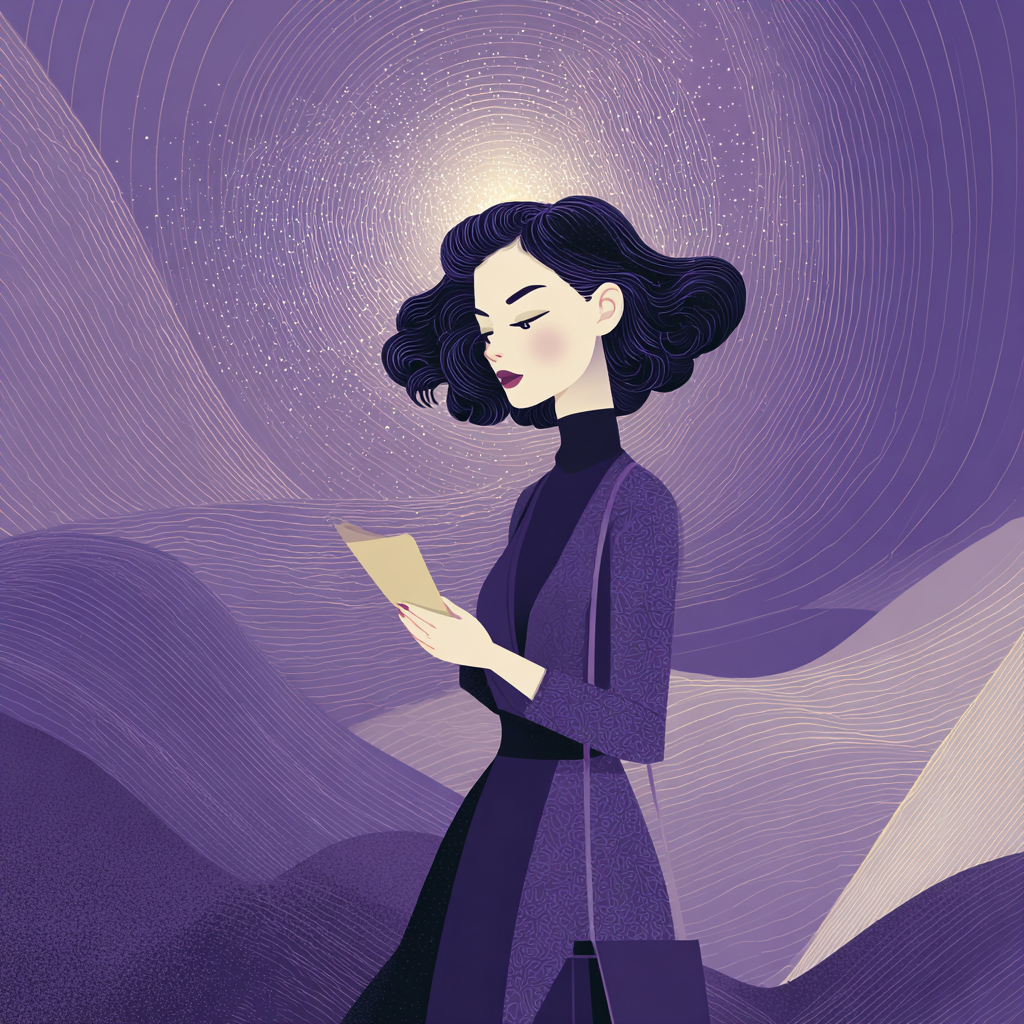
I was the funny friend.
Always.
Every:
- Gathering
- Conversation
- Crisis
- Moment
I made it:
Lighter.
With humor.
Then I got tired.
And stopped performing.
And lost:
Everything.
The Role I Played
The Funny One:
Who:
- Diffused tension with jokes
- Made everyone laugh
- Never took things seriously
- Was "always happy"
- Kept things light
I thought:
That's who I was.
Actually:
That's who:
Everyone needed me to be.
Why I Played It
Because:
1. It Kept Me Safe
If I was funny:
I wasn't:
Vulnerable.
2. It Made Me Valuable
People wanted me around:
For entertainment.
I thought:
That meant:
They valued me.
3. It Avoided Depth
Serious conversations:
Made me uncomfortable.
Humor:
Was my exit strategy.
4. It Protected Others
From my pain.
If I joked about it:
They didn't have to:
Hold space for it.
5. It Was Expected
Years of:
Being the funny one:
Made it:
My identity.
If I wasn't funny:
Who was I?
When I Got Tired
Year five:
Of performing happiness.
I was depressed.
Anxious.
Exhausted.
But kept:
Being funny.
Until:
I couldn't anymore.
The First Time I Didn't Joke
Friend: "How are you?"
Old me:
Funny deflection. Self-deprecating joke.
New me:
"Honestly? Not great."
Silence.
Her: "Oh. Um. What's wrong?"
Me: "I've been really depressed lately."
Her: uncomfortable laugh "Ha, haven't we all?"
Trying:
To make it light.
Me: "No, like actually depressed. I'm struggling."
Her: "Oh. Well... I'm sure it'll get better! You're always so positive!"
Changes subject.
And I realized:
She didn't know:
How to be my friend:
Without the jokes.
What I Lost
1. "Friends"
When I stopped performing:
Half my friends:
Disappeared.
Because:
They loved:
The Funny Friend.
Not:
Me.
2. My Identity
If I'm not:
The funny one:
Who am I?
Had to rebuild:
My entire sense of self.
3. My Role in Groups
At parties:
I was the entertainer.
When I stopped:
I had no role.
Felt:
Invisible.
4. People's Comfort
My humor:
Made people comfortable.
My realness:
Made them uncomfortable.
They left.
5. Easy Connections
Humor:
Is an easy connector.
Everyone likes:
The funny person.
Authenticity:
Is harder.
Fewer people:
Can handle it.
What I Gained
1. Myself
For the first time:
I wasn't performing.
I was:
Just being.
2. Real Friends
The ones who stayed:
When I wasn't funny:
Were the ones who:
Actually cared.
3. Depth
Conversations:
Went deeper.
Connections:
Felt real.
4. Permission to Feel
I didn't have to:
Joke my way:
Through pain anymore.
I could:
Just feel it.
5. Authenticity
I stopped:
Being what people needed.
Started:
Being what I was.
The Hardest Part
People were disappointed.
"You've changed."
Translation:
"You're not entertaining me anymore."
"You're not as fun."
Translation:
"You're being real and I don't like it."
"What happened to you?"
Translation:
"I want the performance back."
And I had to accept:
They didn't like:
The real me.
They liked:
The character I played.
The People Who Stayed
Few.
But real.
They said:
"I'm glad you're being honest."
"You don't have to perform for me."
"I'm here for all of you, not just the funny parts."
And I cried.
Because:
I'd never had that before.
What I Tell People Now
When they say:
"You used to be so funny."
I say:
"I still am. Just not all the time."
When they say:
"You've changed."
I say:
"I stopped performing."
When they say:
"I miss the old you."
I say:
"The old me was exhausted."
One Year Later
I'm still funny.
But:
On my terms.
When:
It's genuine.
Not:
A performance.
Or a shield.
Or a role.
Just:
Me.
Being funny.
Sometimes.
And also:
Being sad.
Being serious.
Being real.
If You're The Funny One
And you're tired:
Stop.
Some people will leave.
That's okay.
They loved:
The performance.
Not you.
The ones who stay:
Are the ones:
Who see you.
Not just:
The act.
About 4Angles: Being "the funny one" is exhausting when it's a performance. Real friends don't need you to entertain them—they just need you to be you.
Last updated: October 31, 2025
